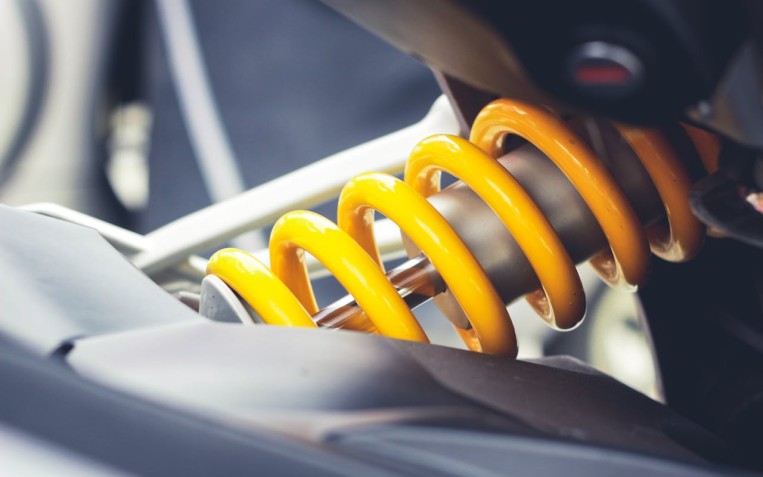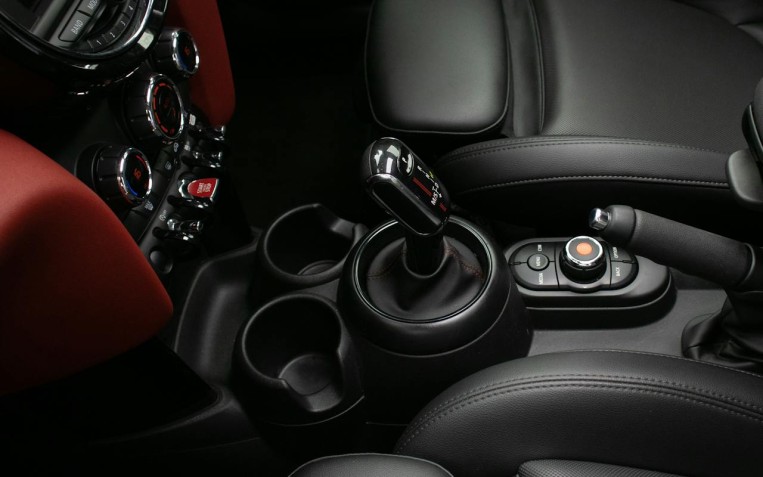When should I replace my car’s suspension?

The suspension has many functions. Primarily, it connects the wheels to the body of the vehicle to give a smooth ride while keeping the vehicle stable. Knowing when you need to replace the suspension is essential to avoiding any potential accidents from occurring. PTA’s article explores when you should replace your car’s suspension.
The car drifts or pulls to one side
Have you noticed when driving that your car drifts or pulls to one side? There could be an issue with how the shocks stabilise your vehicle when turning into a bend or corner. Other possible car suspension problems may include:
- Under-inflated or worn tyres.
- A broken control arm, spring, or tie rod.
- Issues with the car’s steering.
Unsure of what your car’s suspension issues are? Book your free car suspension and steering check at a PTA branch near you online.
It sits low on the road
Do you notice your car sits lower than usual in your garage or driveway? When you’re driving, have you found that your car makes a clunking sound every time you turn or go over humps? Your suspension springs could be broken, thus leading to increased wear and tear of your car’s shock absorbers. Therefore, we recommend getting your car’s suspension springs replaced if you notice your car sits low on the road.
Uneven tyre tread wear
Are your car’s tyres starting to wear out faster than normal? Have a thorough look at all tyres to find any signs of the tread eroding, it could signal suspension failure. When the suspension fails, more pressure will be placed on each wheel, reducing the tyre tread quickly.
Oily or damaged shock absorbers
Look underneath your car and find the shock absorbers and struts. If you notice that the struts and shock absorbers are damaged or oily, they could be leaking fluid. This is a sign that the suspension system on your car needs replacing immediately.
Replacing your car’s suspension ensures a smooth driving experience on the road. Discover if you can drive with a broken car suspension with our informative article. Ensure your vehicle remains healthy by booking an annual service or MOT at your local PTA garage today.
Related Content

Should I have soft or stiff suspension springs for my vehicle?
Suspension springs are essential for maintaining your vehicle’s stability and ride height. Over time, the springs will succumb to wear and tear, which affects how your car handles, brakes and accelerates on the road. Discover whether you should...

What is engine braking?
Engine braking involves taking your foot off the accelerator pedal, allowing your car to slow down. Over time, the parts on your vehicle’s braki...

A guide to the different types of car clutches
The clutch is responsible for channelling the power from the engine, through to the gearbox, and the wheels. Your vehicle's clutch will differ dependi...

